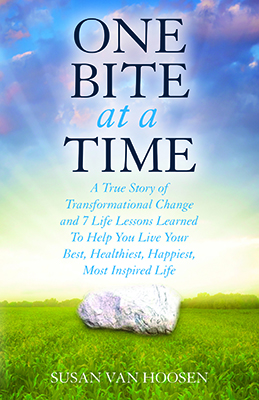Would you rather experience "madness" or peace, calm, joy and more fun during the March Madness basketball season?
Watching your bracket team picks play out their basketball game can bring out the stress in even the most calm of us. It's easy to get caught up in worrying about the end result - the final score of the game vs enjoying the journey with each player, play, each pass, each turnover, each foul and each freethrow and basket.
But what if you were to make the shift from stress-induced spectating to a chilled out state of fun?
With mindfulness, the only intention is to attend to the moment as best you can. You aren’t striving to transcend anything, get anywhere, or block out anything out. There’s not even a goal of relaxation. That often happens, but you can’t force yourself into feeling it.
You also cannot be good or bad at meditation. You’ll never fix unwavering attention on your breath. Some days meditation allows you a few moments of peace; other days your mind will remain busy. If you’re distracted almost the entire time and still come back to one breath, that’s perfect. And if you practice, you’ll find yourself focusing more often on life with less effort.
To Start: Sit comfortably, finding a stable position you can maintain for a while, either on the floor or in a chair. If not using a guided audio track, set a timer to avoid clock-watching. Close your eyes if you like, or leave them open and gaze downward toward the floor.
Draw attention to the physical sensation of breathing, perhaps noticing the always-present rising and falling of your abdomen or chest, or perhaps the air moving in and out through your nose or mouth. With each breath, bring attention to these sensations. If you like, mentally note, “Breathing in… Breathing out.” (add hands exercise)
Many times over, you’ll get distracted by thoughts or feelings. You may feel distracted more often than not. That’s normal. There’s no need to block or eliminate thinking or anything else. Without giving yourself a hard time or expecting anything different, when you discover that your attention has wandered, notice whatever has distracted you and then come back to the breath.
Practice pausing before making any physical adjustments, such as moving your body or scratching an itch. With intention, shift at a moment you choose, allowing space between what you experience and what you choose to do.
Let go of any sense of trying to make something happen. For these few minutes, create an opportunity to not plan or fix or whatever else is your habit. Exert enough effort to sustain this practice, but without causing yourself mental strain. Seek balance in this way; if you find yourself mostly daydreaming and off in fantasy, devote a little extra effort to maintaining your focus. Breathing in and breathing out, return your attention to the breath each time it wanders elsewhere.
Practice observing without needing to react. Just sit and pay attention. As hard as it is to maintain, that’s all there is. Come back over and over again without judgment or expectation. It may seem simple, but it’s never easy.

